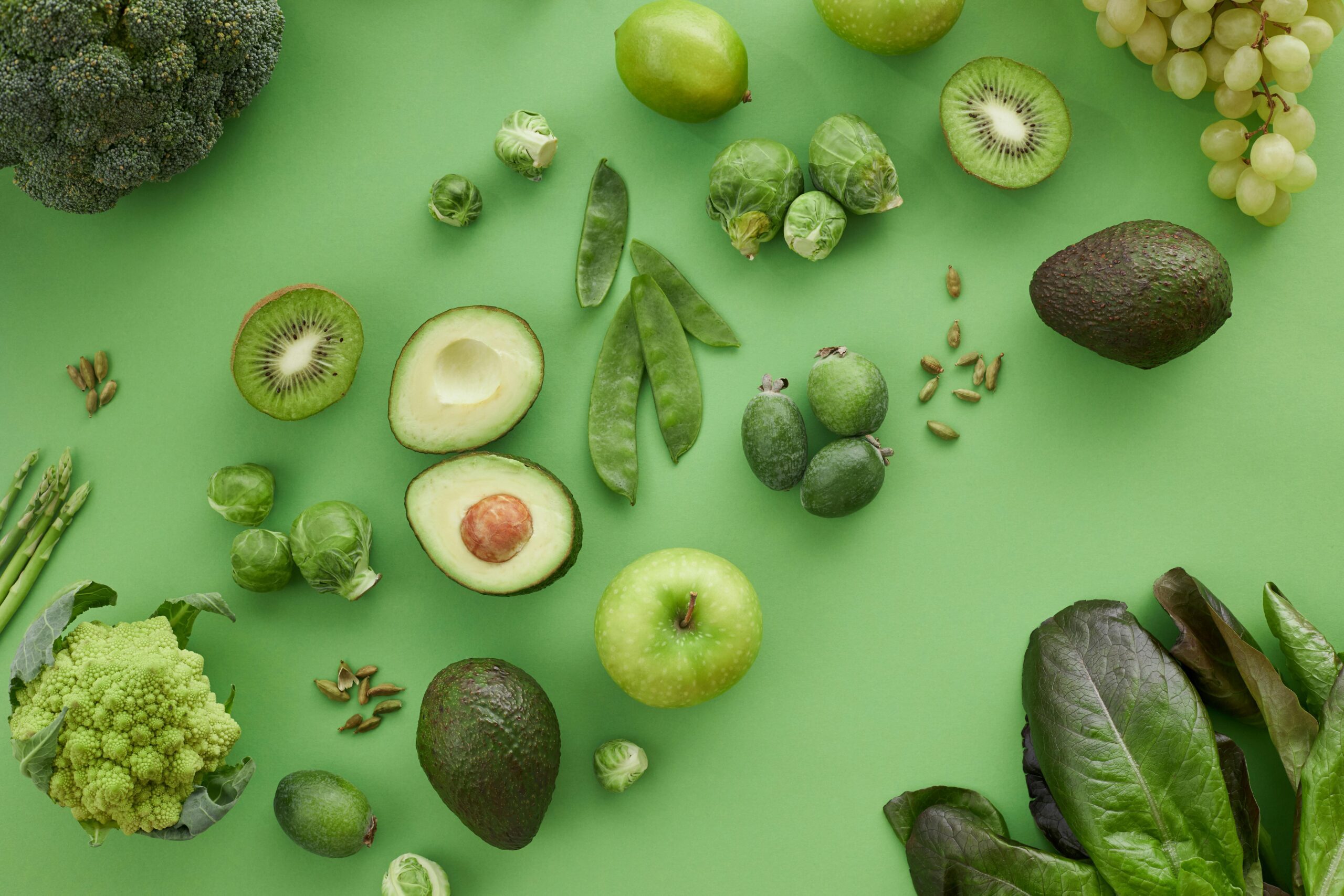At the beginning of every new year, many of us make resolutions and set goals to improve our health, whether that means hitting the gym more often or giving up alcohol after perhaps overindulging during the holidays. Over the pat few years, there’s been a surge of interest in a movement called Veganuary.
While Dry January is all about drink, pledging to give up alcohol for the month, Veganuary is all about food — plant-based food. Observing Veganuary means deciding to follow a vegan diet, and avoid any food that comes from animals for the month of January.
If you’re curious, now is an excellent time to try a plant-based diet for yourself. There are numerous benefits — for your health and the environment — and you can make a huge impact even if you occasionally slip up.
WHEN DID VEGANUARY START?
It was introduced in 2014 by a British non-profit organization called Veganuary with the express purpose of promoting vegan diets every January. In the past 10 years, interest in the movement has surged, and now people from every country in the world (with the exceptions of Vatican City and North Korea) have taken part, according to the organization.
It offers education, resources and support — including daily coaching emails and videos — for people who are vegan-curious. And based on surveys that it commissioned this year, the Veganuary organization estimates that 25 million people worldwide chose to try veganism last January.
Plant-based living isn’t a modern concept. Evidence of vegetarian and vegan lifestyles can be traced more than 2,000 years. The term ‘vegan’ was introduced in 1944. While the definition has changed over the years, the basic tenet is to protect animals by choosing not to consume food that comes from them.
Many vegetarians avoid eating meat but choose to continue eating products that are derived from animals — things like eggs, cheese, butter, and even honey. But vegans only consume food derived from plants.
WHAT ARE THE BENEFITS OF A VEGAN DIET?
Numerous studies have connected plant-based diets with a range of health benefits, including prevention of diabetes, improvement of cholesterol level, promotion of healthy weight loss, decrease the risk of cardiovascular disease, and protection against certain kinds of cancers.
Additionally, veganism can have a positive impact on the planet by helping reduce pollutants that affect global temperatures. In 2021, the Intergovernmental Panel on Climate Change estimated that if the world’s population adopted a completely plant-based diet, global carbon dioxide (CO2) emissions could decrease by almost 8 billion tons per year by 2050. That’s because raising livestock — particularly cows for meat and dairy — is currently responsible for an estimated 14.5 per cent of greenhouse gas emissions each year. That’s roughly equivalent to all the emissions from cars, trucks, airplanes, and boats combined. Other estimates put it even higher.
HOW CAN I PARTICIPATE IN VEGANUARY?
If you’re interested in trying a vegan diet this January, you can start by upping your intake of whole grains, legumes, nuts, vegetables and fruits. But veganism doesn’t mean just eating anything plant-based without regard to nutrition. For instance, foods like gummy bear candies and potato chips are vegan but hardly healthy. In order to reap the benefits of a vegan diet, you have to do a bit of planning to ensure you’re meeting all your nutritional requirements.
When meal-planning, vegans should pay particular attention to the following nutrients and their plant-based sources:
- Vitamin B12 (seaweed, nutritional yeast)
- Omega-3 Fatty Acids (flaxseed, canola oil)
- Iron (nuts, legumes, dark leafy greens, whole grains)
- Calcium (dark leafy greens, chickpeas)
- Vitamin D (fortified cereals, some mushrooms)
- Vitamin K2 (sauerkraut, kombucha, kimchi)
Additionally, be on the lookout for fortified vegan foods, such as cereals and nut milks, which often contain some of the above nutrients.
Depending on how you choose to try veganism, you may need supplements to make sure you’re getting adequate amounts of nutrients like vitamins D and B1, which can be harder to get from vegan foods. You can consult organizations like Veganuary or the Vegan Society for more information and support.
It’s also a good idea to check with your healthcare provider to see if there are any red flags you need to be aware of, based on your own health and the medications you take.
As you mark on Veganuary, don’t be too hard on yourself if your vegan diet isn’t perfect from the start. The important thing is to try. “If we really care about the the world our children and grandchildren will inherit, we do need to shift toward a vegan diet. And the good news is that it’s not just our planet that will be more healthy, but we will be more healthy as well.”





